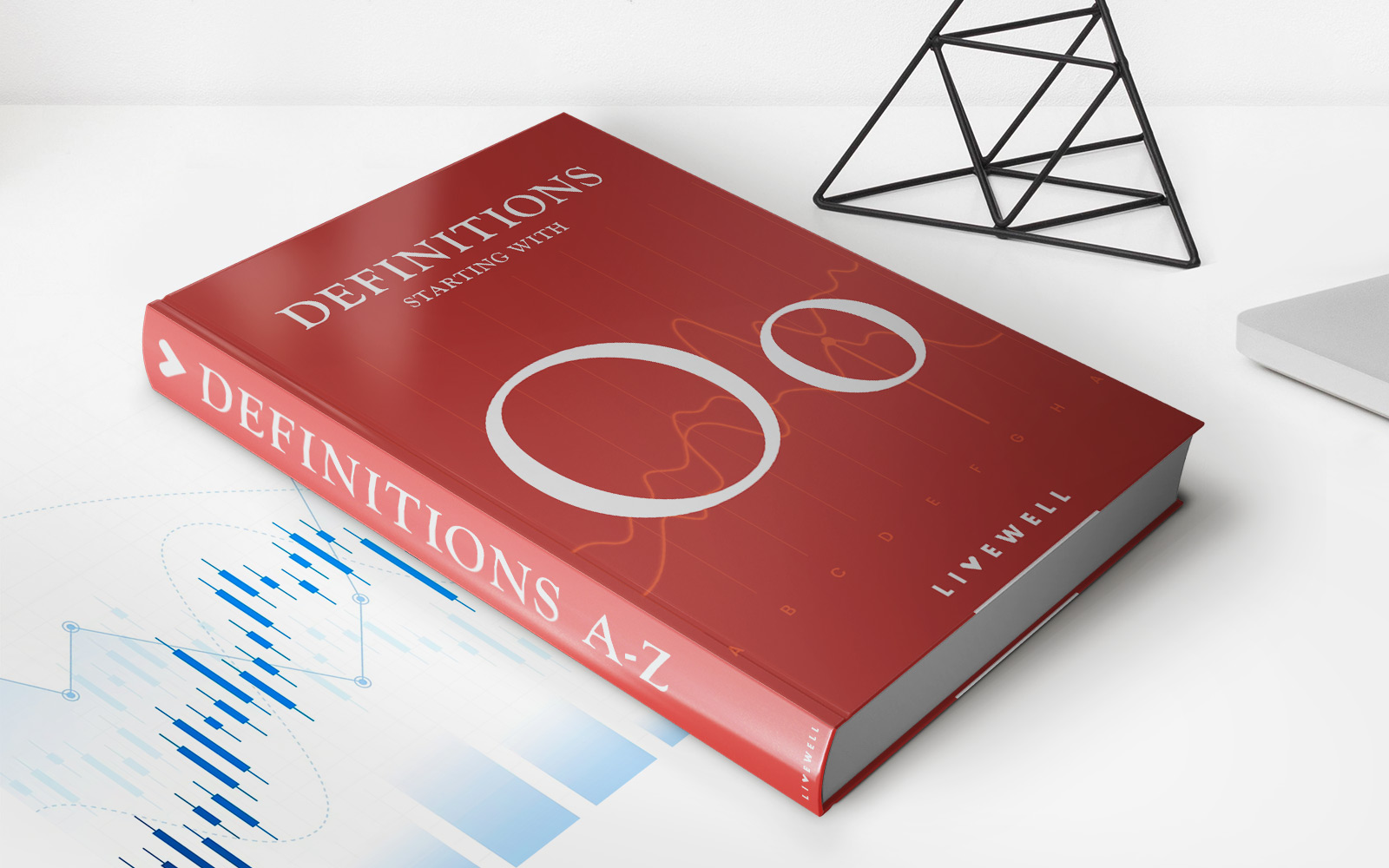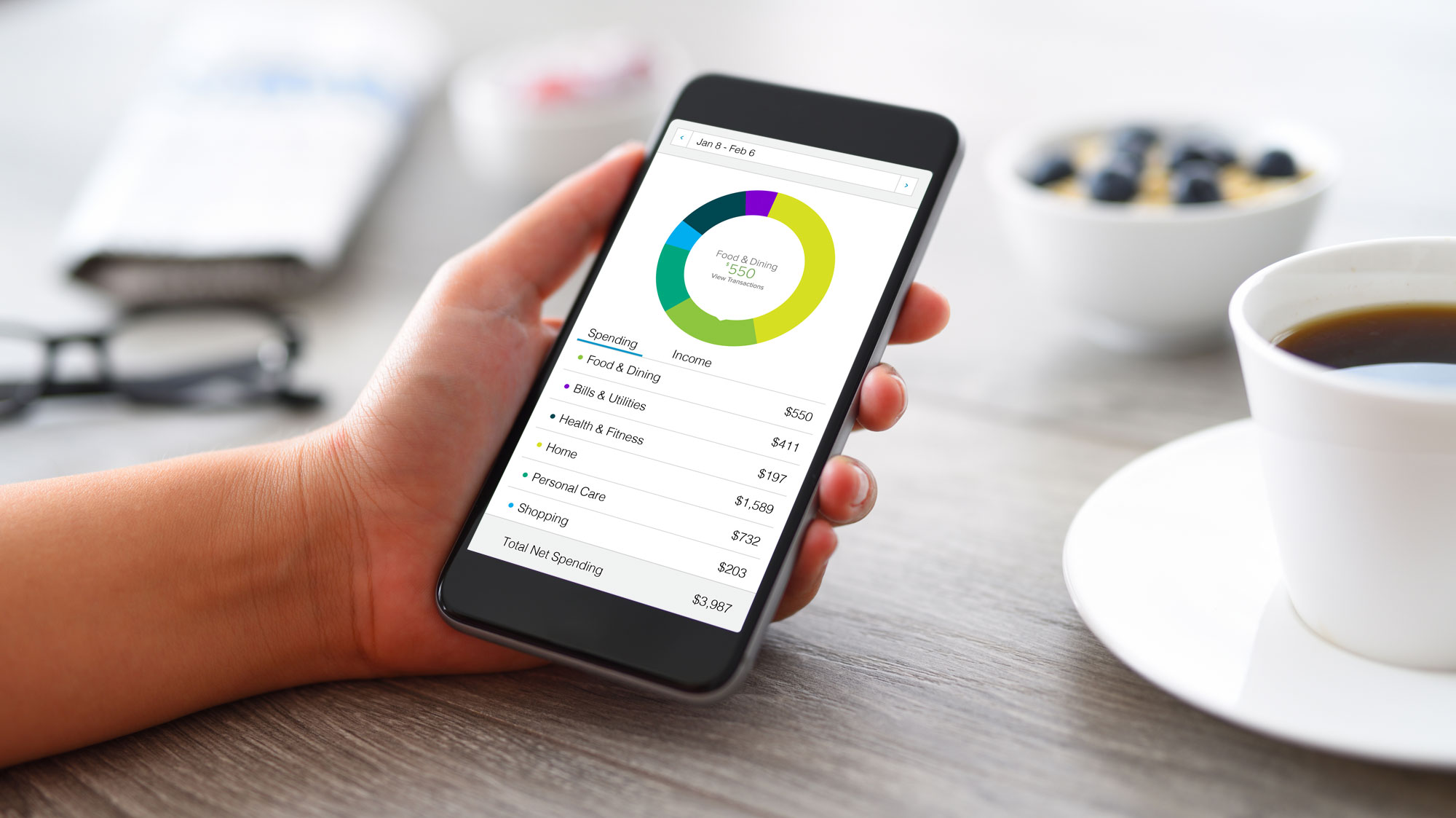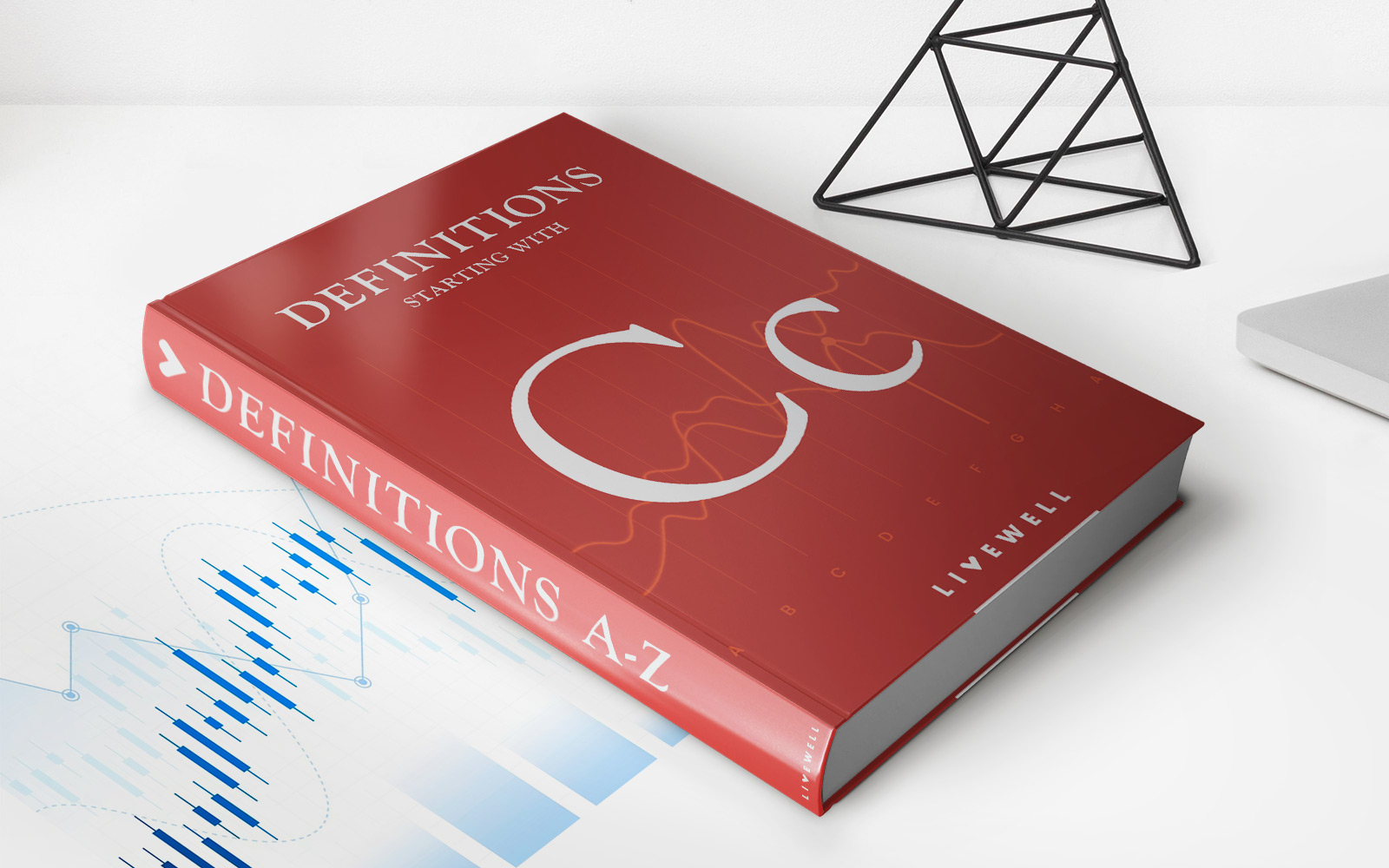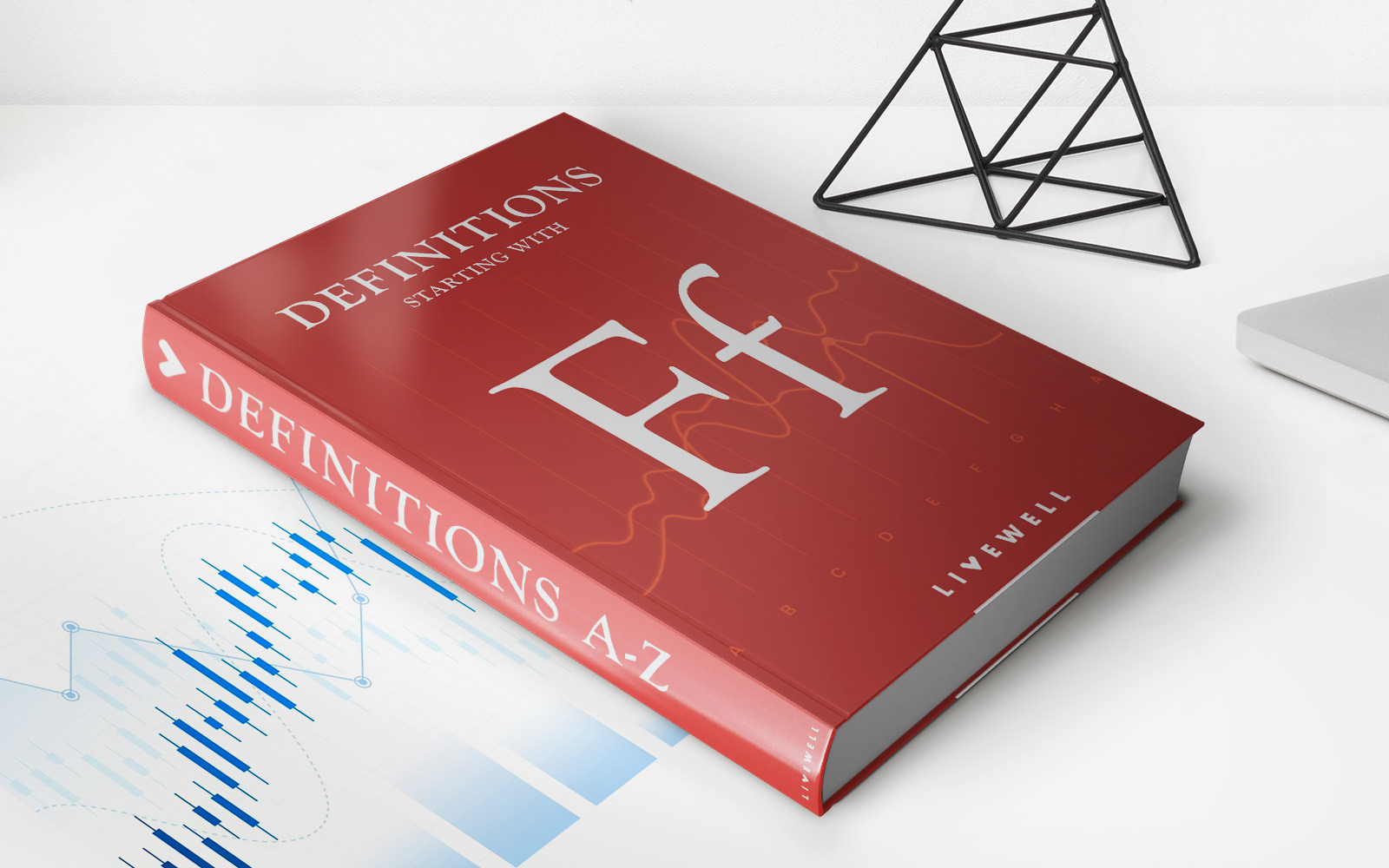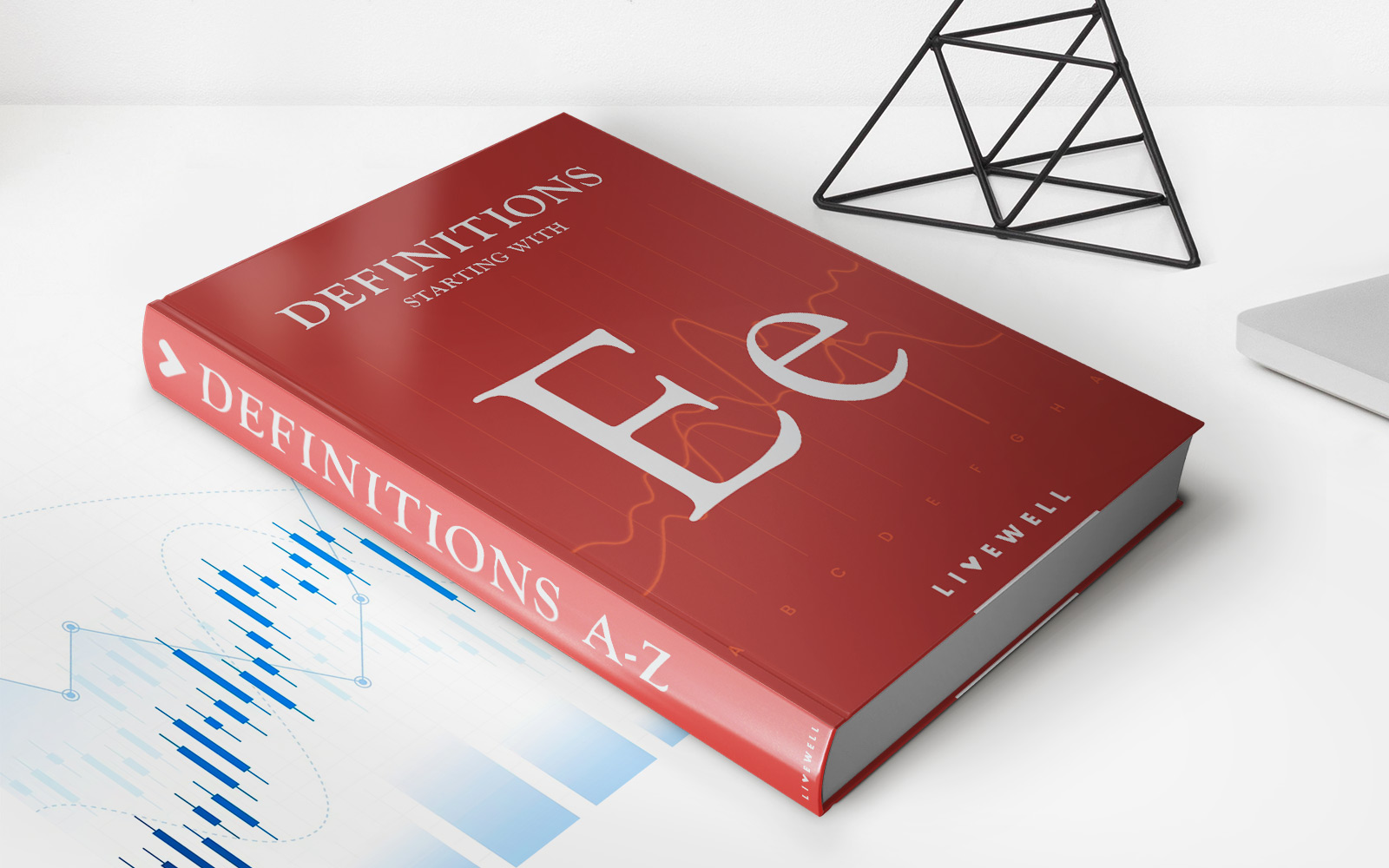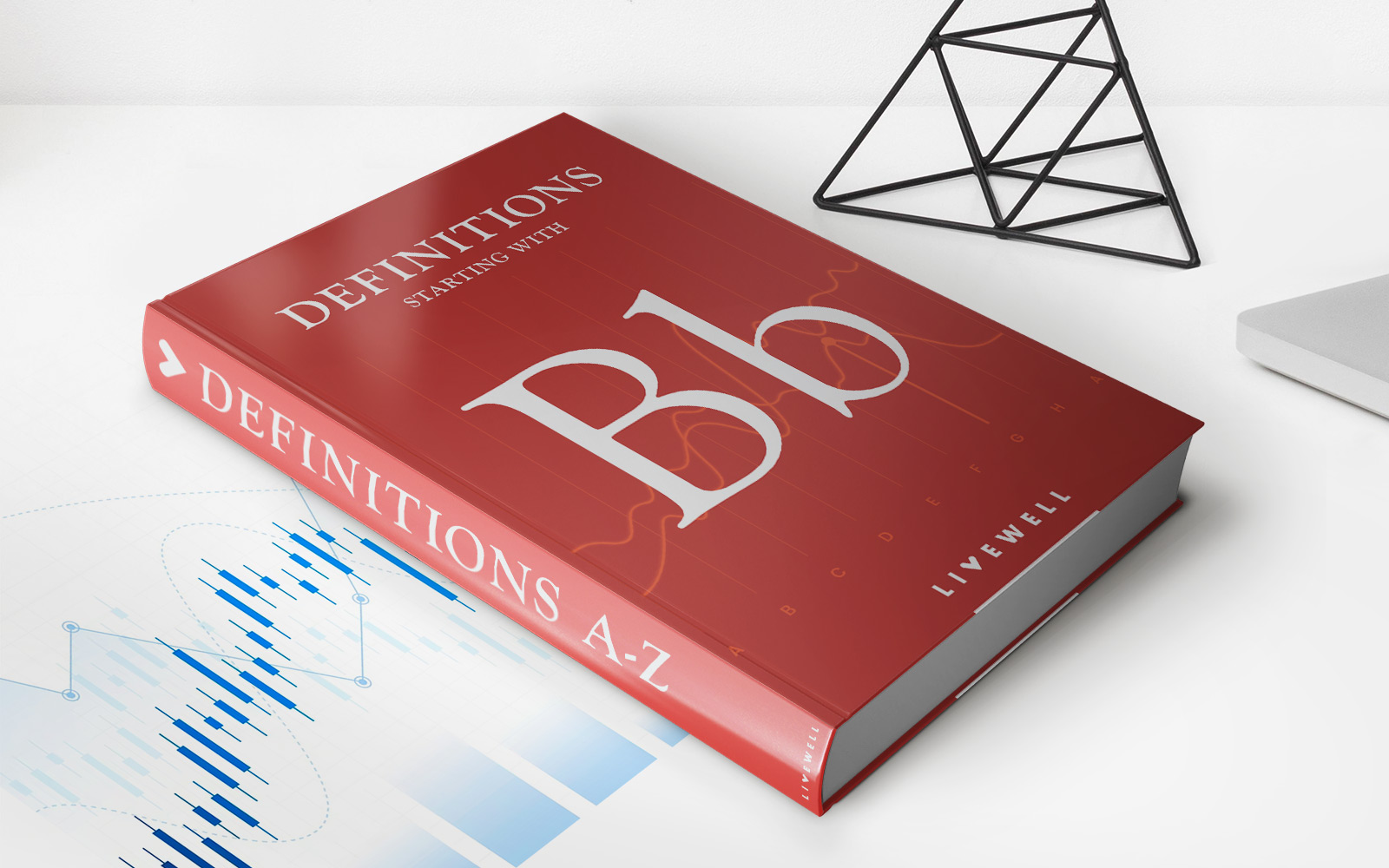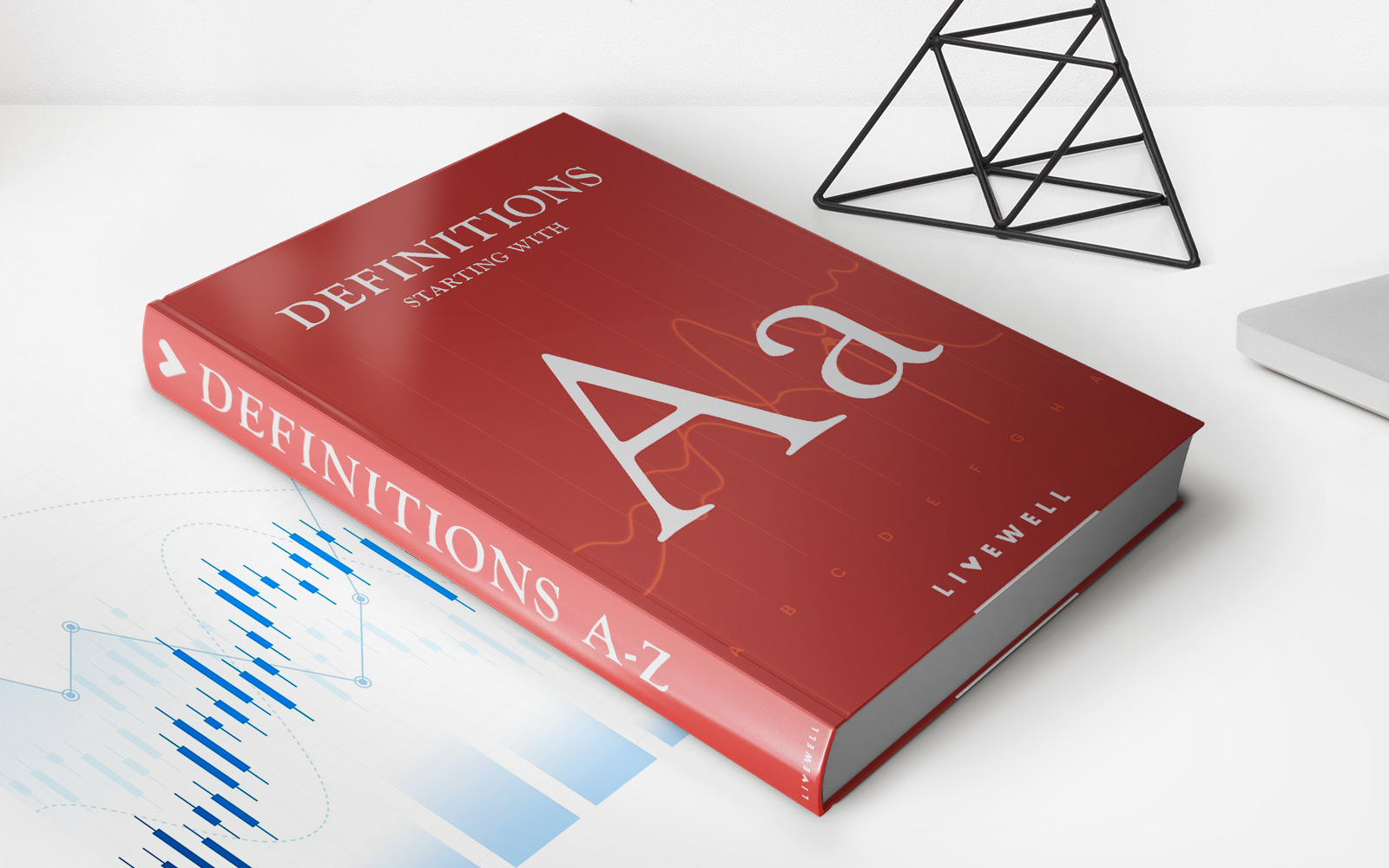Home>Finance>What Is Momentum? Definition In Trading, Tools, And Risks
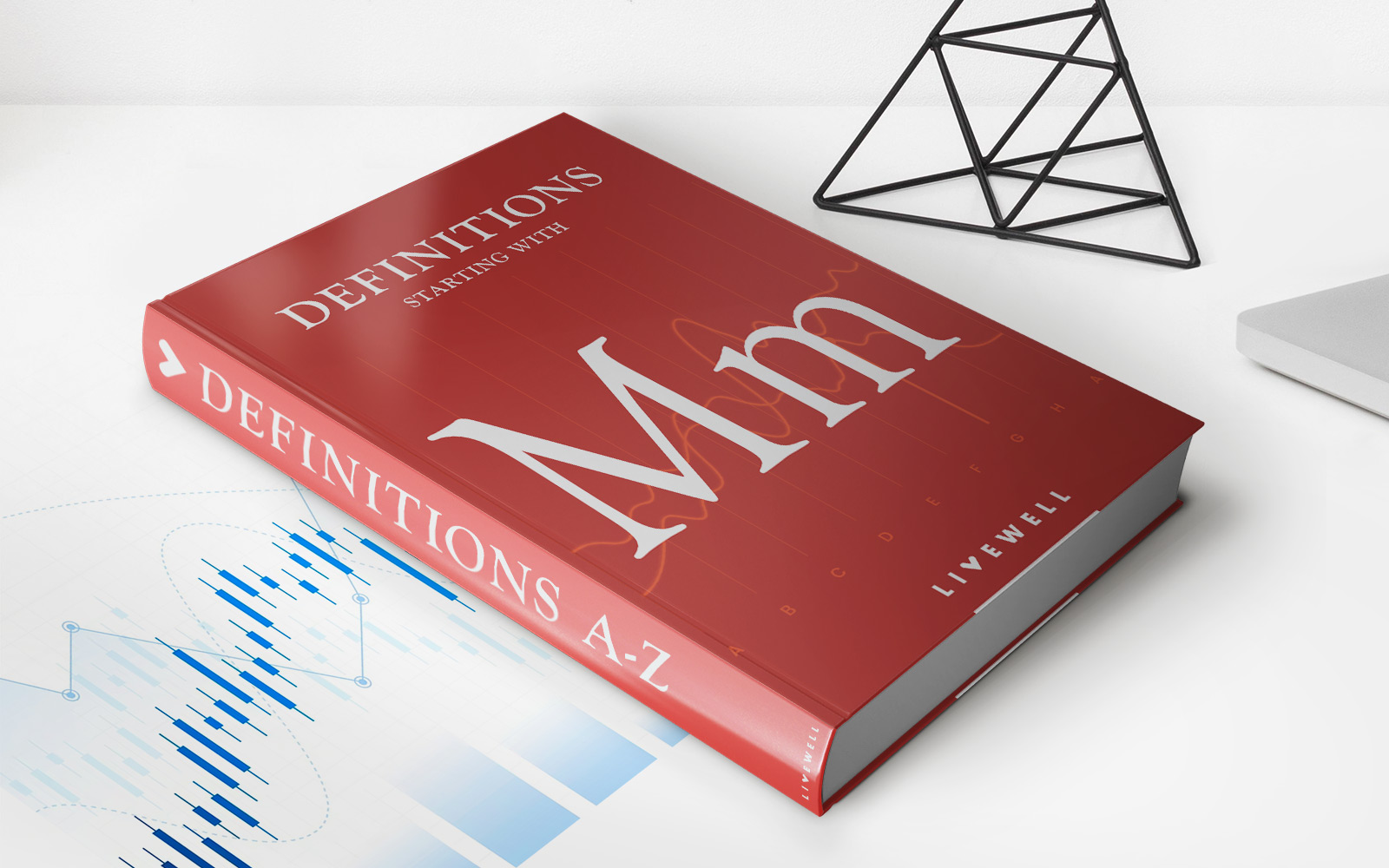

Finance
What Is Momentum? Definition In Trading, Tools, And Risks
Published: December 26, 2023
Learn about momentum in finance! Discover the definition, tools, and risks associated with momentum trading in this comprehensive guide.
(Many of the links in this article redirect to a specific reviewed product. Your purchase of these products through affiliate links helps to generate commission for LiveWell, at no extra cost. Learn more)
What Is Momentum? Definition in Trading, Tools, and Risks
When it comes to trading in the financial markets, one key concept that traders often rely on is momentum. But what exactly is momentum in trading, and how does it impact investment decisions? In this blog post, we will explore the definition of momentum, the tools used to measure it, and the risks involved in trading based on momentum indicators.
Key Takeaways:
- Momentum refers to the strength and persistence of a price trend in a financial instrument
- Traders use momentum indicators to identify potential buying or selling opportunities
The Definition of Momentum in Trading
Momentum, in the context of trading, refers to the strength and persistence of a price trend in a financial instrument. It is the rate at which the price is changing, indicating whether an asset is gaining or losing steam in its price movement. Momentum can be viewed as the force behind a price trend, dictating the likelihood that the trend will continue or reverse.
Traders often rely on various momentum indicators to evaluate the state of a trend in a particular asset. These indicators provide valuable insights into the market sentiment and help traders make informed decisions based on the current momentum.
Tools Used to Measure Momentum
There are several popular tools used by traders to measure momentum. These tools help in identifying potential buying or selling opportunities and can be used individually or in combination. Some common momentum indicators include:
- Relative Strength Index (RSI): RSI compares the magnitude of recent gains to recent losses to determine if an asset is overbought or oversold. Traders often use RSI to identify potential trend reversals.
- Moving Average Convergence Divergence (MACD): MACD is a trend-following momentum indicator that shows the relationship between two moving averages of an asset’s price. It helps traders identify potential trend changes and generate buy or sell signals.
- Stochastic Oscillator: The stochastic oscillator is a momentum indicator that compares an asset’s closing price to its price range over a specific period. It helps identify overbought and oversold levels.
These are just a few examples of the many momentum tools available to traders. Each indicator has its own unique formula and interpretation, and it’s essential to understand their nuances before incorporating them into your trading strategy.
The Risks of Trading Based on Momentum
While momentum trading can be a profitable strategy, it also carries inherent risks. Here are some considerations to keep in mind when using momentum indicators:
- False Signals: Momentum indicators are not foolproof and can generate false signals. Traders must exercise caution and use additional analysis to confirm momentum signals.
- Market Volatility: Momentum indicators may provide conflicting signals during periods of high market volatility. It’s crucial to consider current market conditions and other factors before making trading decisions based solely on momentum.
- Overbought/Oversold Conditions: Relying solely on momentum indicators to identify overbought or oversold conditions can lead to missed opportunities or premature exits. It’s essential to consider other technical and fundamental factors to validate momentum signals.
To minimize the risks associated with momentum trading, traders often combine momentum indicators with other technical analysis tools and fundamental analysis. This multidimensional approach helps validate signals and provides a more comprehensive view of the market.
In Conclusion
Momentum is a critical concept in trading that helps traders identify potential buying or selling opportunities based on the strength and persistence of price trends. By using various momentum indicators, traders can gain insights into market sentiment and make informed decisions. However, it’s essential to understand the risks involved and to use momentum indicators as part of a comprehensive trading strategy.
Remember, successful trading requires continuous learning and adaptation. Stay updated with market trends, refine your strategy, and always exercise caution when implementing momentum-based trading techniques.

